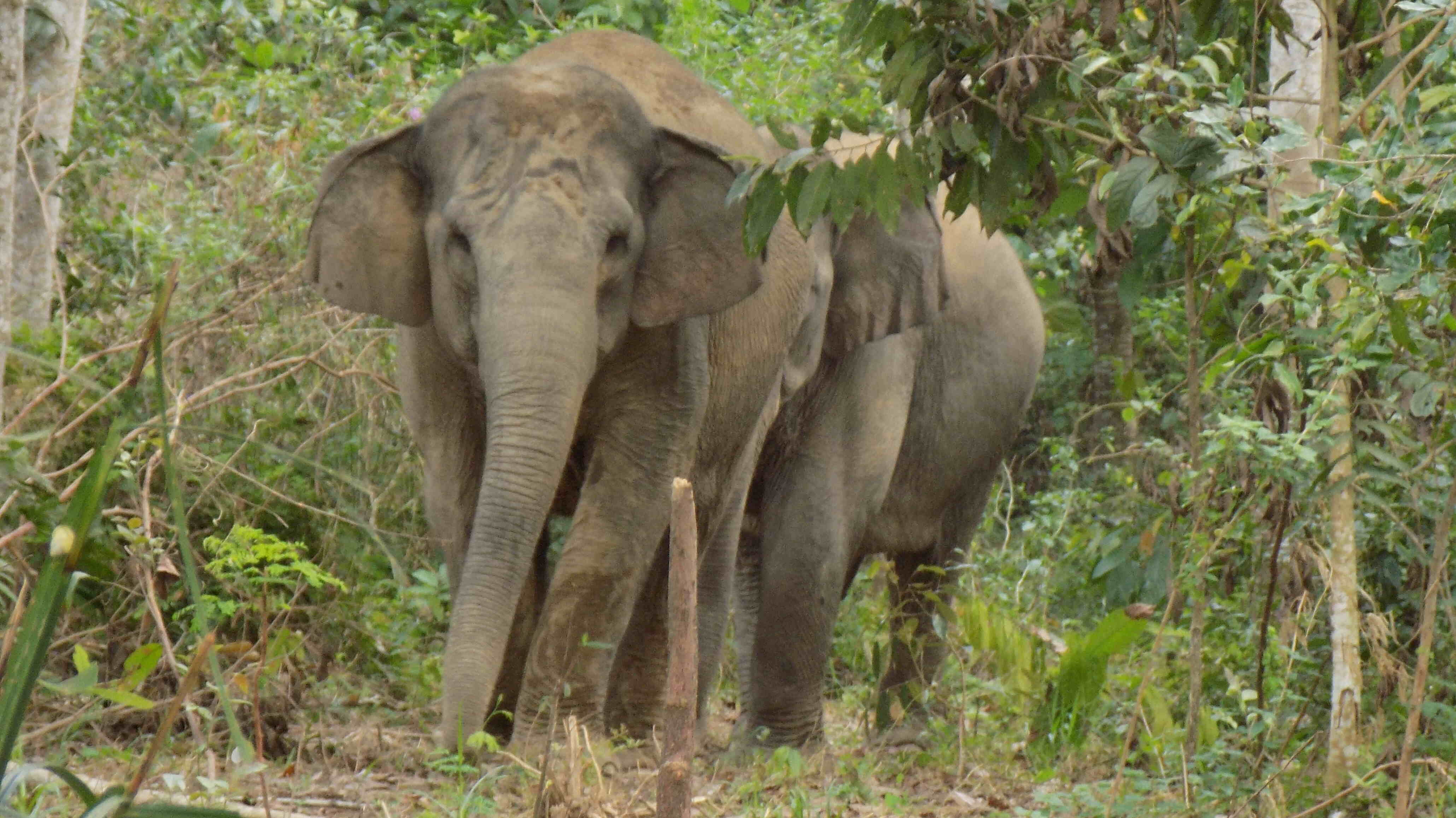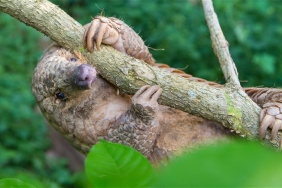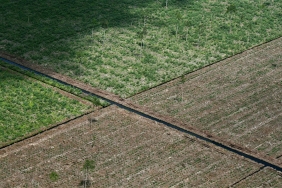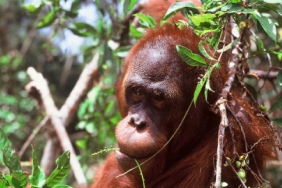GLOBAL SUPPORT FOR TACKLING WILDLIFE TRAFFICKING STRENGTHENS
By: Diah R. Sulistiowati
London - The High Level Conference on eradicating wildlife trade starts today (12/2) in London, UK. The conference organized by the British Government under the leadership of Prime Minister David Cameron will last for two days and will be attended by around 50 countries in the world, including countries that are 'traffic' locations for rhino, tiger and elephant poaching. The Indonesian government is scheduled to attend the conference.
Global political support to tackle wildlife trafficking is currently strengthening. Various actions and policies to break the chain of wildlife trade have been carried out by several developed countries that are consumers of wildlife trade.
Yesterday (11/2) the White House announced the United States' national strategy to combat wildlife trafficking, a groundbreaking policy under President Obama. The policy includes three key aspects: strengthening law enforcement and mobilization of federal agents including investigation of money laundering in wildlife crime; suppressing consumer demand within the country; and strengthening cooperation with other countries in combating wildlife trade.
Wildlife trafficking is an interstate crime whose transactions can reach 19 billion USD per year, and this number continues to grow along with the decline of wildlife populations.
In 2012 alone, more than 30,000 individual elephants were slaughtered for their ivory. Meanwhile, the South African government recently announced that rhinos killed by poaching during 2013 reached 1,004 individuals or the equivalent of three individuals killed every day.
Illegal Ivory Crushing
Previously, on November 14, 2013, the US government destroyed six tons of ivory from African and Asian elephants. The ivory, whether in the form of whole tusks, or in the form of jewelry, decorations, souvenirs and more, was confiscated at the US border, which entered illegally.
The destruction of illegal ivory was also followed by France last week (6/2), destroying around three tons of illegal Elephant Ivory. The action was part of France's national action plan to fight poaching and stamp out the illegal wildlife trade.
WWF-Indonesia welcomes the actions and commitments made by these developed countries. "It is very important for developed countries to cut off the demand for wildlife body parts. This action is very significant to reduce poaching pressure on the world's Elephant population, including Sumatran elephants in Indonesia", said Nazir Foead, Director of Conservation WWF-Indonesia.
In the last 25 years the Sumatran Elephant population in Indonesia has shrunk by more than half. The estimated population in 2007 was between 2400-2800 individuals, but is now estimated to have declined far from this figure due to habitat shrinkage and ongoing poaching.
Illegal ivory destruction will also be followed by other countries within the next two years, such as Gabon, the Philippines and China.





